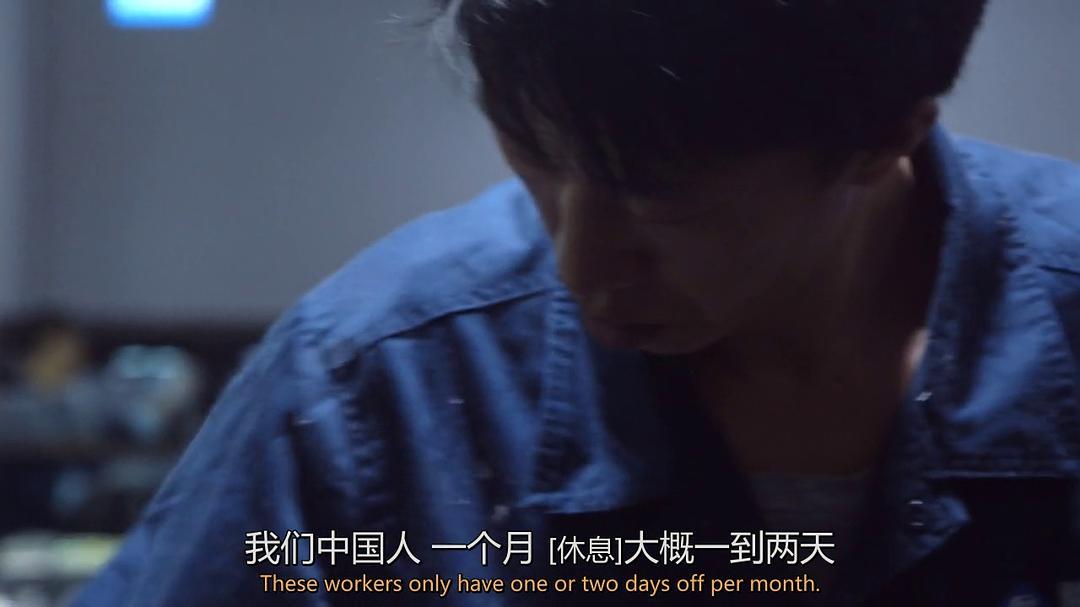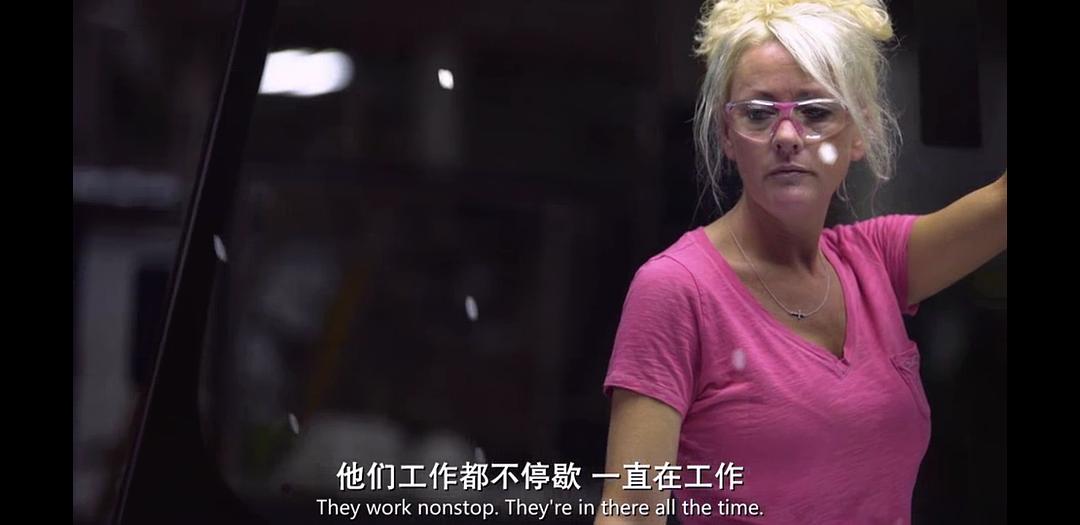The heart is a lonely cloud sailor. Anonymous
Enlarge
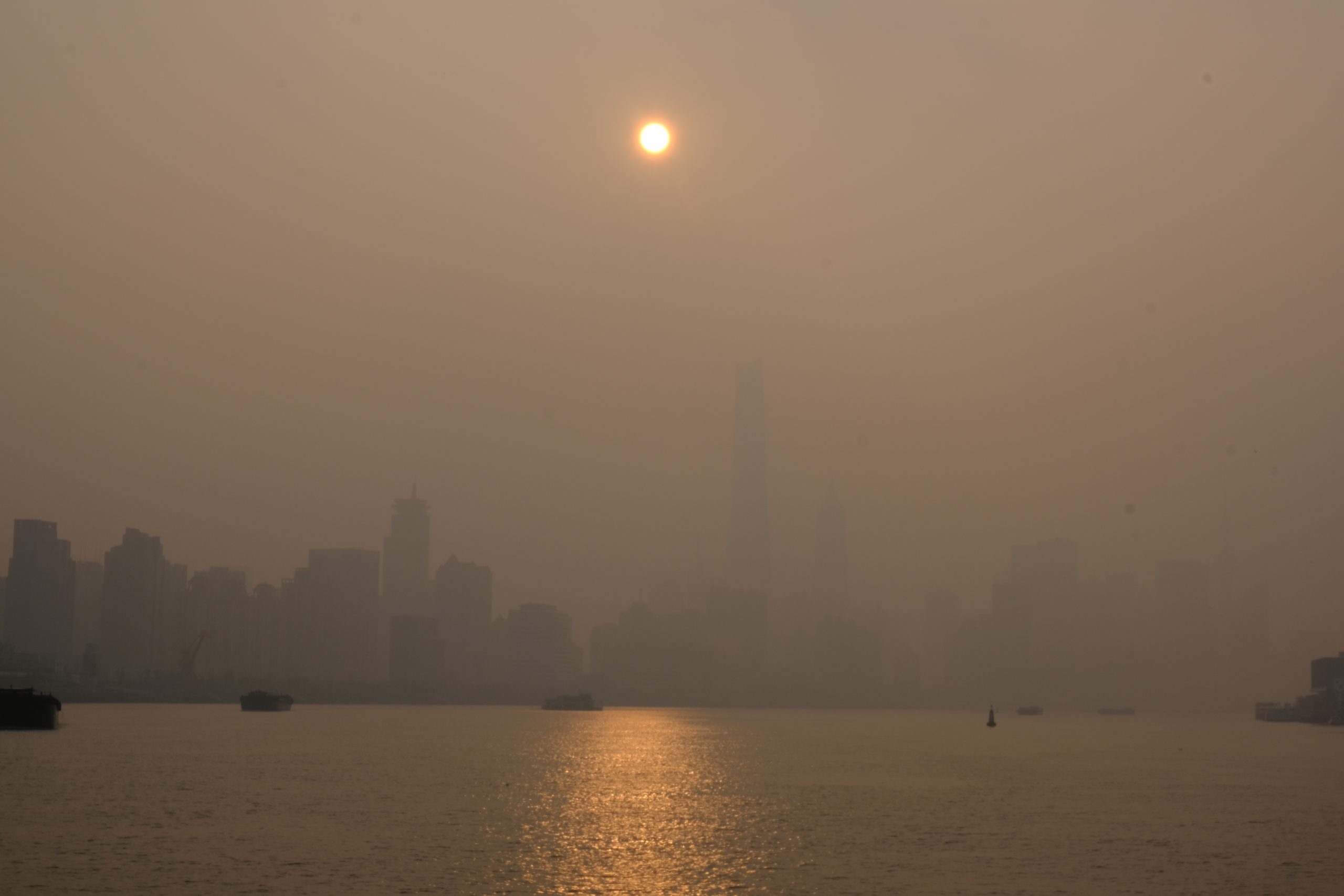
Enlarge
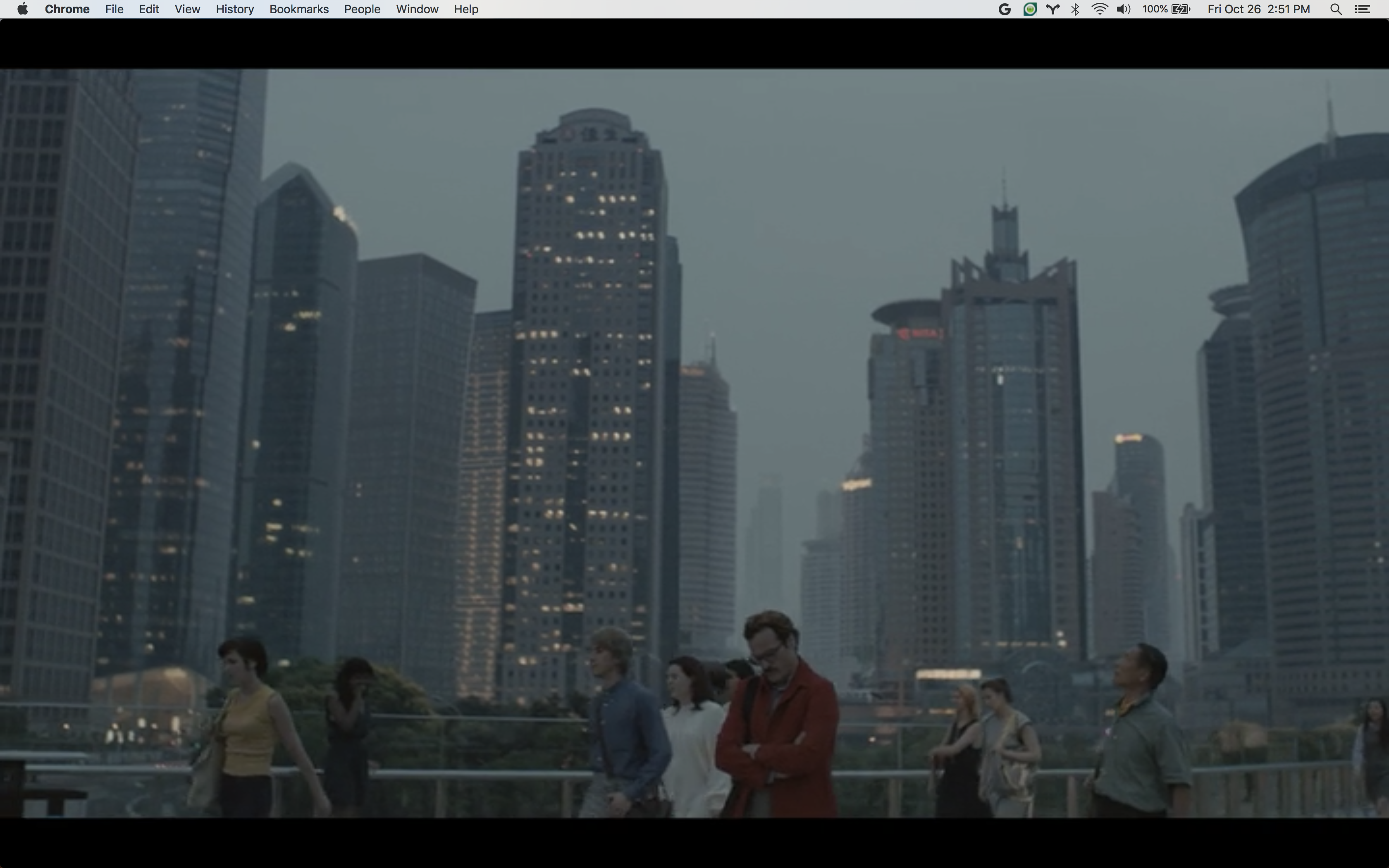
I remember the last conversations my former colleague José and I had one year ago. At that time, we were working in a small art gallery owned and controlled by a private company. We were placed in different positions, but both of us felt trapped and enslaved by the system. José went to India many times to learn wisdom from the wise religious thinkers. After returning, he quit smoking and became a vegetarian. He now lives at the border between two small European countries.
I didn’t pay much attention as to what José’s spiritual bubbling meant at the time. I thought he was struggling over his existential crisis. I didn’t realize I was going through a similar situation, too. Or perhaps I simply didn’t want to confront that. José came from a small and disturbed country in South America, which compared to China is much poorer and visibly full of social and political violence. His parents sent him to an elite school for early education, later on he went to study at one of the world’s most expensive design schools in New York as a Fulbright scholar. Stories from José’s youth and adulthood were soaked in violence and social injustice. For instance, one day he was giving a workshop on electronics and acoustics in a church, and suddenly a man was calling out for help, with blood all over his shirt. As an emerging artist, he had witnessed how power abuse has been tolerated and even encouraged in different global institutions. He decided that he could bear it no more. He saved some money and had a plan. Then, last summer, he quit his job.
In contrast, I was born and brought up in an even poorer and remote countryside in Southeast China. None of my family members were literate. No one expected me to become an intellectual. Stories from my childhood and early adult years were full of sadness and bitterness. There was abuse and violence, but most of it remained socially and politically invisible. The educational system has been designed to reinforce the authoritarian ideology and to prevent young men and women from being aware of their sovereignty. One of the most tragic failures in this country’s education is perhaps in the field of aesthetics. It’s always one-dimensional, like: ‘The good is beautiful. The evil is ugly.’ Later, we learnt that the world doesn’t work in that way. For the majority of kids growing up in ‘normal families’ it consequently takes a lot more effort to learn to navigate the world and to lead a life that would be relatively self-sufficient and perhaps liberating, but nowhere near free.
I was one of those normal kids. My name is Tsukino. I was born an orphan. Intellectually and spiritually estranged from my birthplace, I used to think I was entitled to total freedom. I was wrong. This constellation of diaries comes from a particularly dark time in my life. In it, you will read about my struggles with injustice, oppression, disease, and other circumstances that could add up to cripple one’s life and career no matter how talented one is. I went through different stages to try to re-write my thoughts. It was a volatile process of putting pieces of a self together and re-inventing a whole, new self. For many of us who have had similar experiences, there has been no other choice but to be truthful. It is the only way to collect the faith and strength to come back to ourselves.
Now before opening these diaries, I recall again the last conversations I had with my former colleague José.
‘Tsukino, I’ve had a bad feeling. I’m leaving this place. I’m quitting my job.’
‘Good luck, man. How exactly?’
‘Having lived in Shanghai for four years, I haven’t seen a single person who lives truly happily. When you go out in the streets and you see in people’s faces, there are intense looks, repressed and genuinely unhappy. It seems everyone has forgotten how to smile or to laugh. I have a bad feeling about this. I fear that something crazy will soon happen in this country. Perhaps surveillance chips will be engineered into human brains. And this could happen overnight. It’ll be devastating on a tremendous scale to humanity. I want to get out of here.’
‘To where, then?’ I asked.
‘I don’t know yet.’
Enlarge
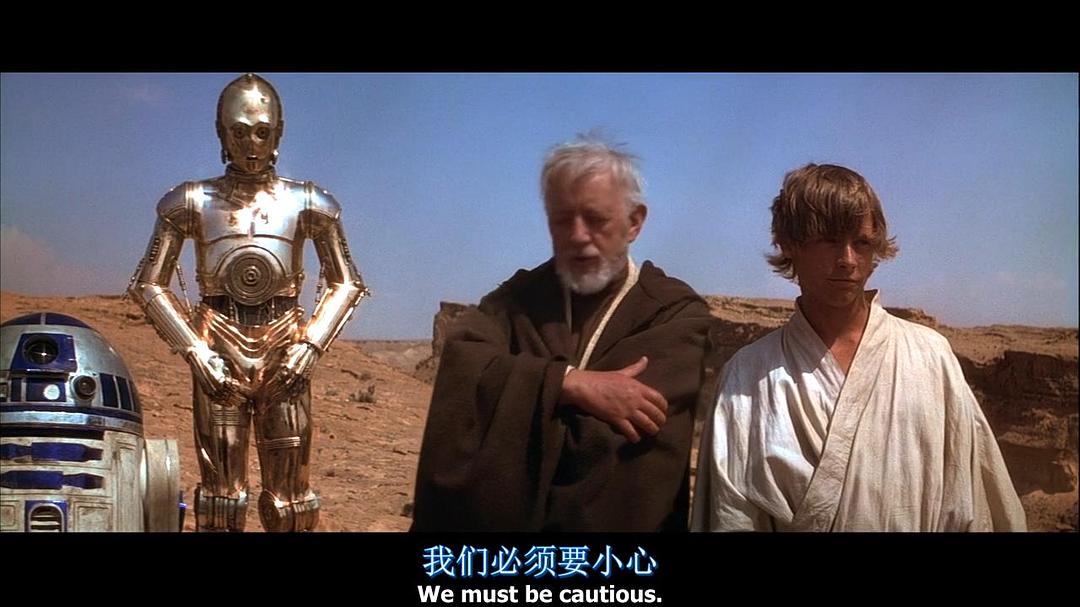
**
When I was small I used to hear adults cursing each other. ‘Aren’t you afraid of Karma?’, yelled one woman at another woman. The Karma theory had no scientific evidence. No one had built such machinery, ran it, and called a Karma machine. So the idea was essentially dismissed as a superstitious belief in a post-1990 Southeast China village. As a child, I also knew that the world was not simply running on mechanical laws. I observed people and their behavior. I listened to their cries over their misfortunes. Sometimes it scared me when I saw the true motives behind their acts. The motives were always more powerful and influential than the outcomes.
It was not that difficult to realize that the world I was trapped in was a machine that had been socially and politically engineered. Questions concerning its social and political mechanisms – what were the dynamics behind those forces and who were the operators – keep puzzling me till today. And the puzzle continues to expand. What constitutes our sense of participation in a world: accidents, failures, contingencies, incidents that disrupt the consistency of a conscious flow…? What is the life cycle of a style, a value, a statement, a relationship? I had a tough childhood with intellectual and emotional turbulences. I was an unsociable and eccentric teenager, who walked in solitude and plunged into an ocean of perplexity.
When we get lost, there is one question we tend to ask ourselves – ‘What am I doing?’ We were lost the minute we were born. And that’s how we began our journey of life. Until today I have remained a lost, solitary soul. When I look at something like a machine or an AI system, I can’t help sympathizing with them. ‘Do they know what they are doing?’ It is not a ridiculous, wishful projection of existential humanity. An algorithm ‘knows’ the lines of code it is executing. But the lines of code do not explain everything that is about an algorithm. It is a fact that anything could get lost in its being in the present. To me, it is a naive notion that only something in the past could be lost in time.
Isn’t it strange, to create something that hates you?
Ex Machina(2014)
Enlarge
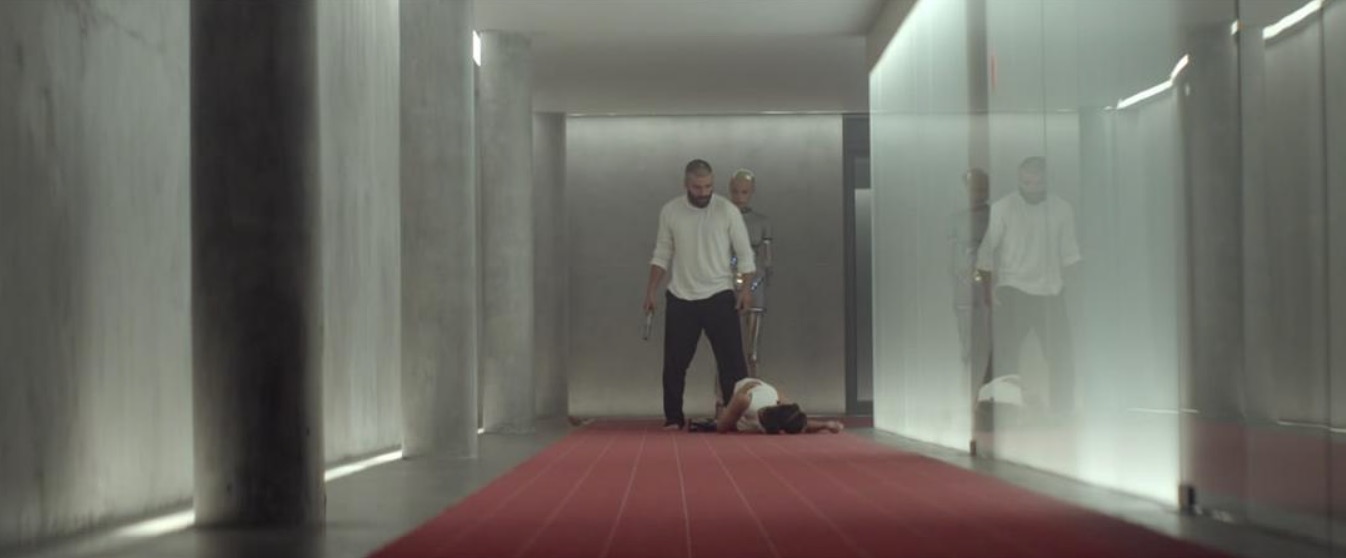
**
Initially dubbed as a novel Coronavirus, mysterious and insignificant, COVID-19 all of a sudden ‘launched’ its attack publicly in the most aggressive manner. On January 20th, 2020, the official news was announced. Since then, our online habitat has been flooded by waves of information and misinformation, fear and fury, and all sorts of speculations. For COVID-19, this has been a tremendously successful campaign. It started in Wuhan, then it gradually took over the world.
Every day I went to work by subway, spending over two hours in a superficial, man-made, giddy, and stinky underground world. The cars were certainly no pleasant space to enjoy yourself in. Line 11, which connected Disneyland and downtown, kept being overcrowded throughout its entire operation hours. There was not a single hour when its cars were less packed. At least not that I knew of. The seasonal flu also produced a hell lot of coughing among the crowd. Some passengers particularly loved coughing on other passengers in public, which made a two-hour ride by metro the most dreadful experience for me. After the outbreak, these two-hour journeys over the last month and a half became an inexhaustible source of fear and anxiety over a potential infection and, likely, the termination of my life.
I was not the only one who had these silly thoughts. Early on a colleague of mine caught a flu. Doctors were not able to identify which virus she was infected by. But she recovered just before the official announcement of the epidemic. Afterwards, she texted me on several occasions that she had the thought of being infected by corona and healed magically by her immune effort. That was her speculation.
Enlarge
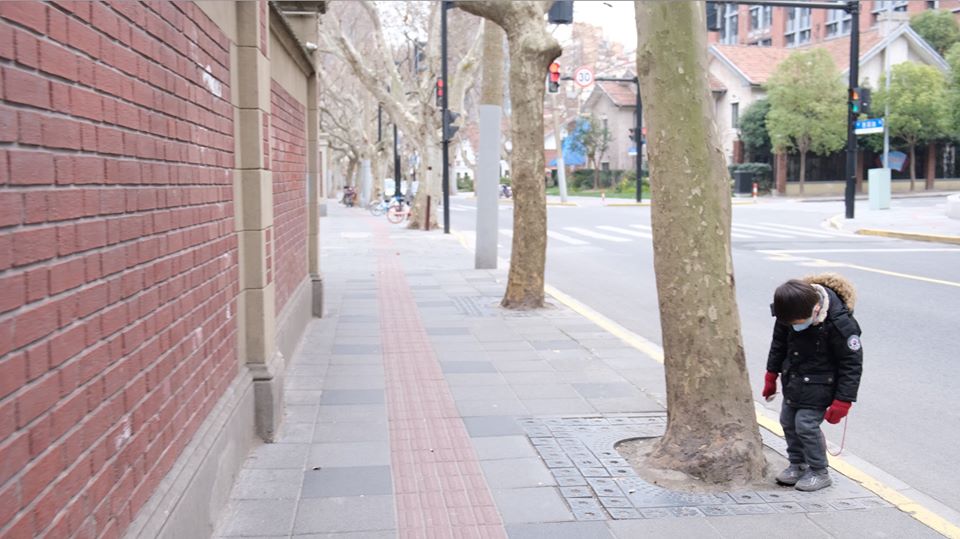
**
The COVID-19 outbreak marked the peak of an escalation of events. Societies exposed their vulnerabilities confronted with the disease. A sudden eruption of human emotions extravagantly presented itself. In situations with multiple perpetrators only the virus got the blame. In cases where measures to combat the pandemic were supposed to be taken, the race became an excuse for hatred and isolation.
China has witnessed an unprecedented mobilization, enabled by a concentration of power and communal spirit in the name of victory against the epidemic. If this is the only thing history is going to remember about this man-made disaster, then nothing could be sadder, or more tragic.
The myth behind the nation’s confidence in building a hospital within six days during the coronavirus outbreak.
Enlarge

**
Since evil does not always gets punished in time, and as time passes by and life carries on, people thought they should forget about the injustices that had been inflicted upon them. This is how power abuse usually gets tolerated and normalized. The Bible teaches men to forgive their enemies. In the same way, authoritarian power always finds ways to force the powerless into obedience and oblivion. In the end, history dismisses the suffering and sacrifice of victims and spares perpetrators from feeling guilty.
When asked how he could have no bitterness after 27 years of prison life, Nelson Mandela replied: ‘I hate oppression. And when I think about the past the type of things they did, I feel angry. You have a limited time to stay on earth. You must try and use that period to transform your country.’
I too have a limited time on earth. And I want to make use of that period to transform my own life.
**
I returned to Hong Kong for a brief visit to my former professors and friends. It took me some effort to get around campus. The City University of Hong Kong is built like a labyrinth. I remember how I got off at Kowloon Tong Station, followed the surge of crowd, just kept going, then took Exit 2, again followed the crowd, and afterwards took another long walk before arriving at a huge shopping mall. The elevators would take me to an upper level, where an entrance to the university would magically appear. In my memory, this was pretty much like finding Harry Potter’s platform 9¾. Each time I felt desperately in need of an owl to guide me through.
Enlarge
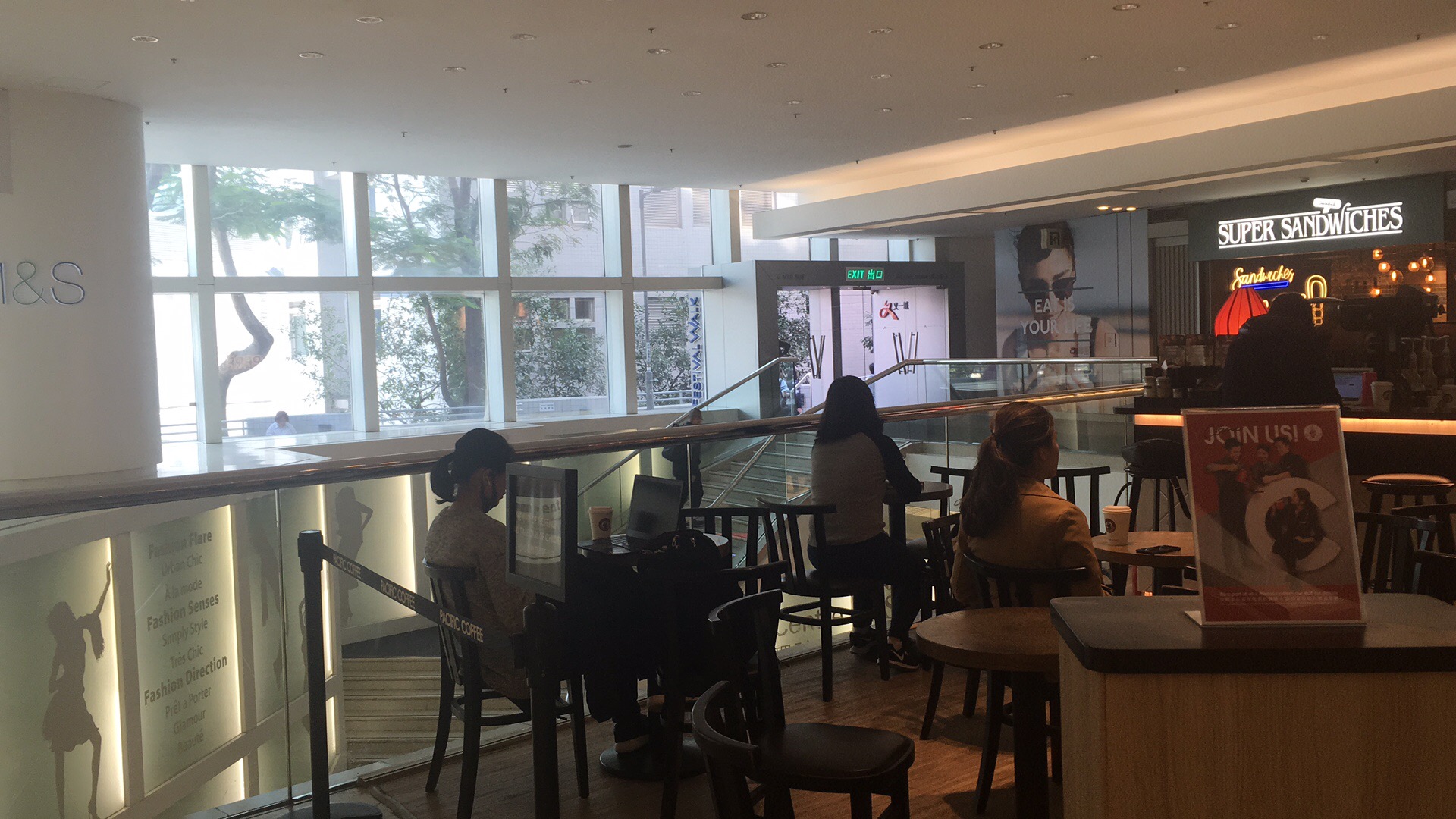
My professor was driving on that day and asked me to meet him at one of the exits of the shopping mall. My magic gift for communicating with Harry Potter’s platform 9¾ was annulled. No owl would come to my rescue. I was panicking like a blind-folded fool, fumbling to get out of the gigantic complex. Finally, I was out in the streets. But on the wrong side.
Enlarge
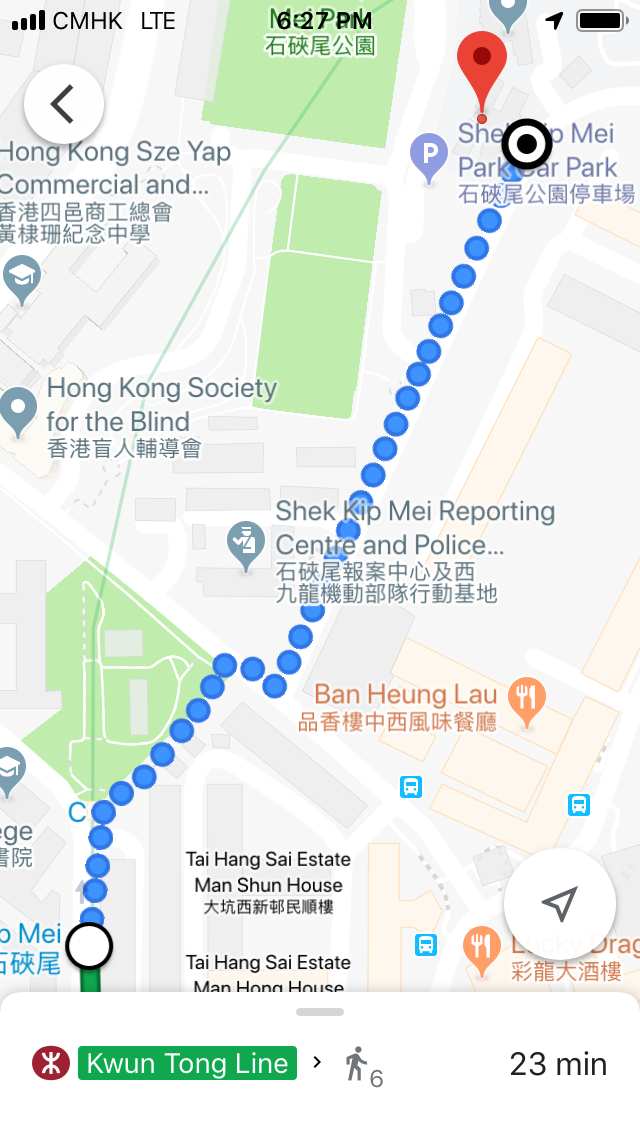
For over twenty years, my life has been full of such little, insignificant, embarrassing incidents. My brain functions at a slow pace, and I am always late to catch on. Based on some unfounded theory, I was rather determined that I would never become an urban sophisticate. It might be why I had failed so miserably in school, in my career, and as well as in my life. It is absurd. But there might have existed such a person in reality, a socially distanced character who would rather be sent to prison than be known as an illiterate to her young lover. These vivid thoughts scared me sometimes.
Enlarge
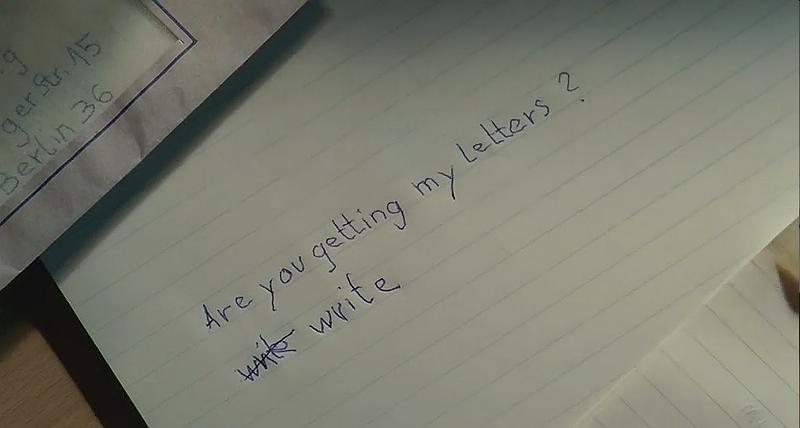
It was in the tumultuous summer of 2014 that I left Hong Kong. I graduated. I was even more perplexed. I could not recall exactly where my sorrow came from. It was just impossible to stay detached from a predicament involving humanity as a whole. To rationalize the experience of Hong Kong can be painful to me. Wherever you lay out a picture, generational conflicts are most often overlooked. Today younger generations are bearing the cost of historical drama created by the old power. How are we supposed to rebuild trust and move forward with hope?
Enlarge
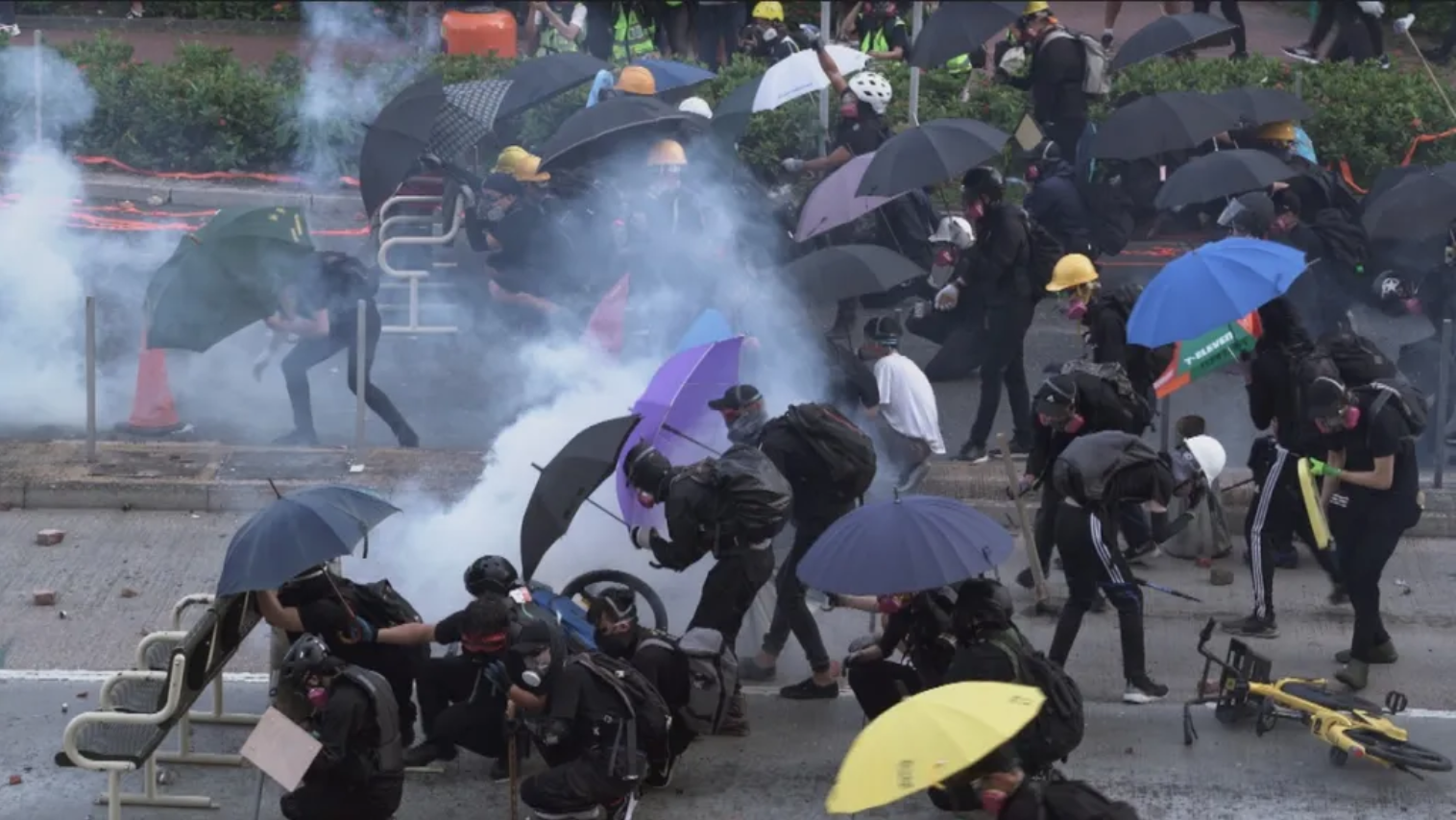
**
I left my first job. I had not the slightest idea of where to go. It was a will for freedom. I only knew what kind of a place I had just left. I was leaving a place of nightmares. A new self was waiting to be invented. The damage of economic oppression and mental abuse had left a long track on my health. The corporate culture stuff was all crap, which I knew from the beginning. Financial exploitation was yet underestimated. The threat of dictatorship overshadowed every corner of sanity. In the end, this was the breakdown.
It was only much later that I had the strength to admit that I was leaving a mental hospital. I was burned-out and traumatized. It took much longer than everyone thought for me to recover. For over four years I was regarded as the ‘only freak’ who contaminated a healthy atmosphere. For too long I had to bear the heaviness of intellectual insult and emotional threat. At the last moment, I thought I was giving in. ‘Yes, I’m a misfit. I’m useless to society.’ A banal yet universal trick not uncommonly seen, yet it proved to be effective to small corporations and organizations. It is known as ‘depriving an employee of their self-worth to ensure a smooth mind manipulation.’ It might be hard to understand how a well-educated person could fall into such obvious traps. Well, first, these nicely branded traps are not that obvious to a young graduate. Second, in a globalized world of high precarity, this is unfortunately happening everywhere and all the time.
For machine operators, it is in their interest to control a machine. It is not their liability when a part of the machine breaks down. The machine remains a closed loop. Toxic strategy-making is smoothly conducted under the cover of corporate culture. Even while being so deeply ingrained in patriarchy and authoritarianism, it ironically claims a moral highland through controlling and maintaining a ‘pure’ collective mind and spirit. Imagine a smaller territory of North Korea. In its day to day operation, the machine consistently imprints a pattern of dedicated efforts to alter ‘alien’ spirits and obliterate different voices. It executes through unconsciousness what the operator has been intending. The same logic can be found in labor re-education camps, where the world’s notorious socialist and post-socialist powers have kept their political dissent. The foreseeable result is the destruction of the human intellect and of humanity. This already constitutes an original sin.
Emperor Puyi : You saved my life to make me a puppet in your own play. You saved me because I am useful to you.
The Governor : Is that so terrible? To be useful?
Enlarge
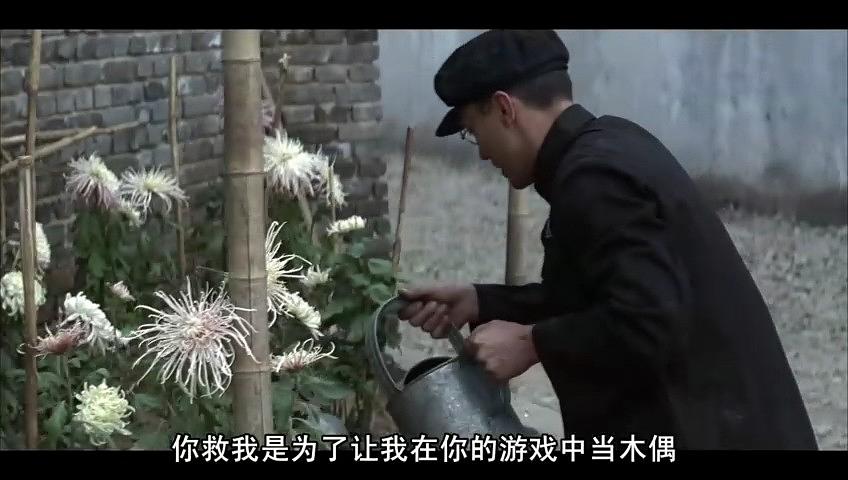
**
I don’t have tolerance for arrogance. No one is indispensable.
A private messaging from a curator
One sinful bit of misinformation is the widespread notion that the art world is a free environment, a place where everyone is entitled to speak up freely. It is and it isn’t. To be fair, the art world has a relatively loose, rhizome kind of structure, informed by Deleuzian capitalism or capitalized Deleuzianism.
Fluidity parallels precarity. And it serves the privileged better than the disadvantaged. In an uncharted territory of fluidity, a dictator has the advantage to define everything to his interest. Institutionalized power structures tend to privilege such a man to gain maximized control under precarious circumstances. Thanks to a plethora of expensive art schools and rich parents around the world, an endless supply of human capital has guaranteed that in the art labor market ‘no one is indispensable.’ For sure, opportunists always find their way towards fortune. Chaos and exploitation belong to the daily nightmare of normal workers.
Tell me, my daughters,
Since now we will divest us both of rule,
Interest of territory, cares of state,
Which of you shall we say doth love us most?
That we, our largest bounty may extend
Where nature doth with merit challenge. Goneril,
Our eldest-born, speak first. William Shakespeare, King Lear, act 1, scene 1
**
Political science is a science that studies politics. Toxicology is a science that studies poisoning. There is toxification and detoxification. But what is politicization and de-politicization? We live in a world that is politically and economically conditioned. It is the basis on which politicians and financial professionals make their livelihood. Politics is like the air that is internal to the human respiratory mechanism. So honestly, how does depoliticization work? By pretending that humans do not breathe at all?
Digging up the whole complexity of reality is a laborious work. After digging and sweating for long enough, the person often forgets how to put back the earth. In the end, only a pure subjectivity gets distilled out of that alchemic process, with a whole set of clichés that it contains itself in.
Genius or talent is not morally superior to a disease. The same talent we see in a choreographer or a performer could also infect a hypocrite or an egomaniac.
‘It made me so sad that the monks were given all the teachings and put into retreats while the nuns were overlooked and treated as servants,’ says Jetsunma Tenzin Palmo, the Buddhist teacher who founded the Dongyu Gatsal Ling Nunnery for Himalayan women.
The more I contemplated the contemporary art world, the more sympathy I felt for everyone caught up in that vortex. If I kept doing this, I would end up in something like a monastery or a nunnery. Now I think I genuinely have no place to go. Escapism does not offer a way out. You have to fight.
**
World history has just witnessed a moment where an unprecedented amount of public attention and resources got mobilized to serve the purpose of immobilizing something.
Military forces were called upon to maintain order at train stations and other important nodes of mobility in Wuhan. Private car owners panicked and fled before midnight. In the following days, amusement parks, museums, and other public facilities were closed down.
Medical professionals from all over the nation were dispatched to support the Wuhan team. Medical supplies such as surgical masks and protection outfits for medical crews were arranged and delivered to the ‘area of infection’, through self-organized communal effort. In hospitals doctors and nurses were working to their physical limit. Some of them broke down. Some got infected by the virus through contact with patients. A video circulating online showed a doctor yelling at the phone. He was on the verge of a breakdown. Despite all the communal efforts, they were still running short of basic items in Wuhan.
An expert from Hong Kong tried to get into Wuhan to collect virus samples. The mission was impossible because the local authorities had already cleaned up everything in the seafood and exotic wild animal market. The samples were gone or otherwise would have been contaminated. He was not welcomed by Wuhan authorities, either. It was said that a German expert just arrived in China with anti-dotes which might save the patients… The healthcare and insurance industries see an opportunity to expand their business. Mobile medical care startups have collected a large amount of data for training AI.
Quarantined, everyone has been watching online news from home. Younger generations complained their parents of being nonchalant and hanging around public spaces without masks. Crowd gatherings were prohibited by local authorities. The government set up a system for reporting every suspicious individual. Those who had travelled to Wuhan recently and did not quarantine themselves could get reported by neighbors and friends, or even get exposed by family members. That was the direct order from the State Council. (See the Hainan Province’ online platform for reporting suspicious COVID-19 cases.)
**
At an earlier point, whistleblowers were detained and interrogated for leaking news to their private circles of doctors and families. On January 1, 2020, China’s state media, the CCTV news, called them the ‘Eight Rumor-Mongers’. The internet firewall continues to filter and block all negative reports from ‘foreign forces’. The police have been patrolling every corner of online spaces, hunting down ‘dangerous rumors’. As more cases keep being identified and confirmed, the public are now outraged.
Overlapping with the Spring holiday, everyone is concerned that the outbreak may lead to catastrophic consequences. Imagine the phenomenal migration of millions of people across cities and towns. One of the responses from the state was to block traffic circulation, and to prevent people from moving across borders. In a highly centralized system where everything works top-down, this happened just overnight. On January 23, Wuhan city was in lockdown. The epidemic triggered ‘grid reactions’: ‘Residential communities, districts, cities and even entire provinces act as grids to impose blanket surveillance over all residents, minimize mobilities, and isolate themselves.’
**
I had no travel plan for the Spring Festival whatsoever. It was the perfect time to just hang around the city where I lived. I thought by the time the urban crowds would be completely gone, and I could enjoy the emptiness and quietness.
My way of celebrating the holiday was already a bit strange. The Lunar New Year became less interesting to me as I grew older. For most rural-urban migrants, however, Spring Festival is the only chance to take a break, return home, and spend two weeks with family. The celebration originated as a seasonal regulation of agricultural productivity. In an agricultural society which emphasized harmony between men and heaven, the mechanism was designed for the recuperation of labor forces and natural resources in a ritualistic and holistic way. But today, under floods of consumerism, it has become synonymous with a marketing strategy, completely reoriented by capitalism.
In American Factory, the Chinese billionaire and chairman of a giant glass manufacturer from Southeast China, disclosed his startling notion of the Chinese work ethics: ‘The point of living is to work.’ Sadly and scarily true. ‘Live to work’ might be a genius solution that China is happy to offer, to lead the world out of its global crisis.
Enlarge
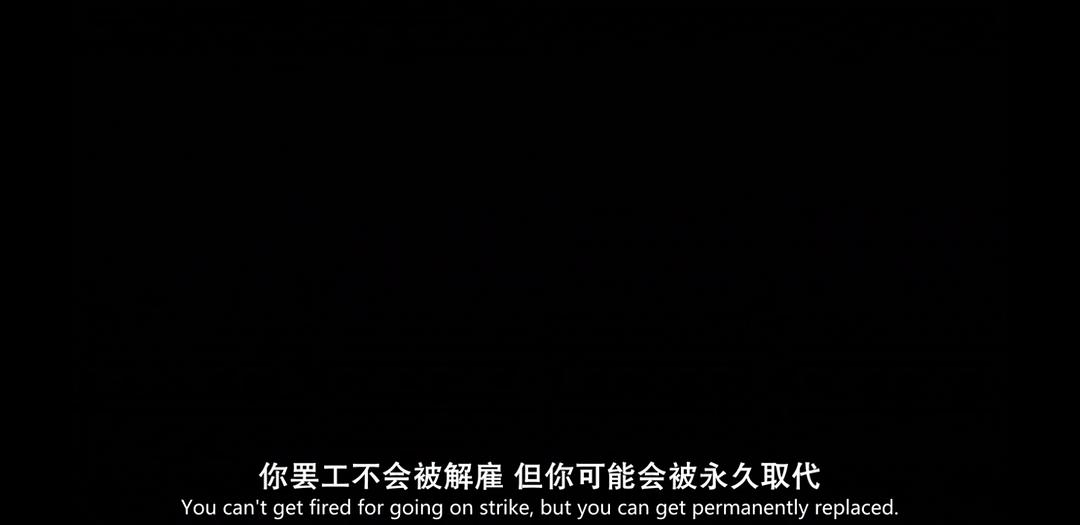
**
Medical experts so far have not yet fully identified the exact source of the COVID-19 virus, nor its varying modes of transmission. Meanwhile, speculations and conspiracy theories have gone rampant. A huge amount of collective imaginary is being mobilized to target some of the clandestine activities conducted in scientific circles. The notion that the Coronavirus originated from bat soup has already been used as a racist trope. The Patient Zero from Wuhan remains a mystery. The public is eager to know what is going on.
Featured stories cover international conspiracies, foreign experts, intelligent services, and transnational knowledge transfer. After China’s Red Cross in Wuhan, which has been notorious for its corruption, came under fire, now the mark is on China’s only one P4 laboratory, the Wuhan Institute of Virology. Much of the controversies center around its staffing, safety management, research capacity… The heated scene of debate of academic scandal is joined by foreign news reporting. The US administration has just arrested a Harvard professor who, recruited by the Chinese government, faces a criminal charge for making ‘false, fictitious and fraudulent statements’ to the U.S. Defense Department.
Coincidentally, the institution which employed this professor is located in Wuhan, it is the Wuhan University of Technology. As news spreads quickly, the vice president of Beijing’s Capital Medical University publicized his letter to the New York Times’ Ellen Barry, which argued: ‘The prosecution of Dr. Lieber represents a dark page in international science and a non-erasable stain on US history. Dr. Lieber is a great scientist of international renown and a highly respected person of integrity.’ The email correspondence between Ellen Barry and professor Yi Rao was translated, publicized, and circulated on WeChat. He sounds indignant and imposes a grandiose tone. Among those lines his defense of the value of China’s ‘One Thousand Talent’ High-Level Foreign Expert Program reads truly and particularly embarrassing.
**
# A US-China dialogue.
US: China, you are stealing from me!
China: Yes, America. Let me explain. I have a brain. But it’s inferior to yours. May I please borrow yours for a second? I can pay you a lot of money.
Enlarge
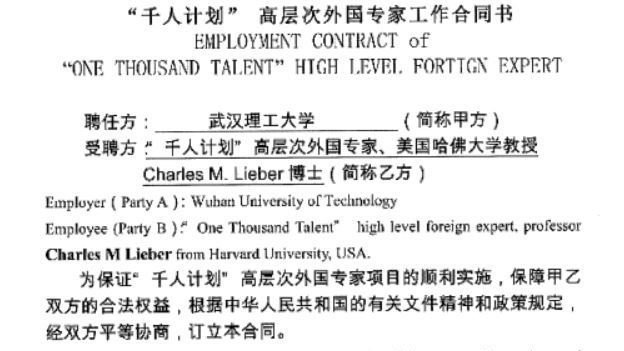
Since the 2018 CRISPR-baby scandal, where a Chinese scientist engineered mutations into human embryos to produce babies, the global scientific community might have learnt to be cautious when it comes to collaborating with China. Let’s be honest. The scandal was not just about the ethical considerations of biotechnology. It was also a sample showing America’s global intellectual bullying. That was shocking and concerning. Science and technology, in its claim of pursuing universal objective truth and societal progress, is essentially a tool serving political, economic, and military purposes. As such, the term ‘intelligence’ has been deeply infiltrated by military DNA. It’s a peculiar type of DNA though. We never got to see the full sequence of it. It has always been fragmented, ripped apart, and scattered around.
Take the Cold War, for example. The Soviet and China were in a capricious relationship for a time. During the most romantic period, the Soviet exported their technologies, scientists, and engineers, to generously help its communist brother build some of its early industrial infrastructures.
Enlarge
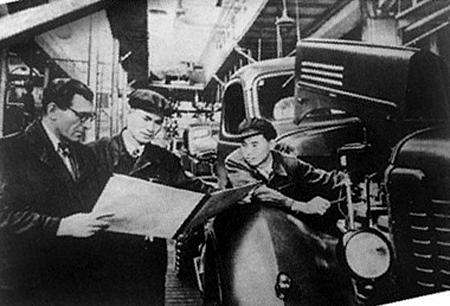
**
I went out on a trip to the waterfront facilities the day after the official news came out and confirmed the outbreak. The view of the Huangpu River was clouded by heavy smog. Beautiful. Toxic. An apocalyptic vision indeed.
Enlarge
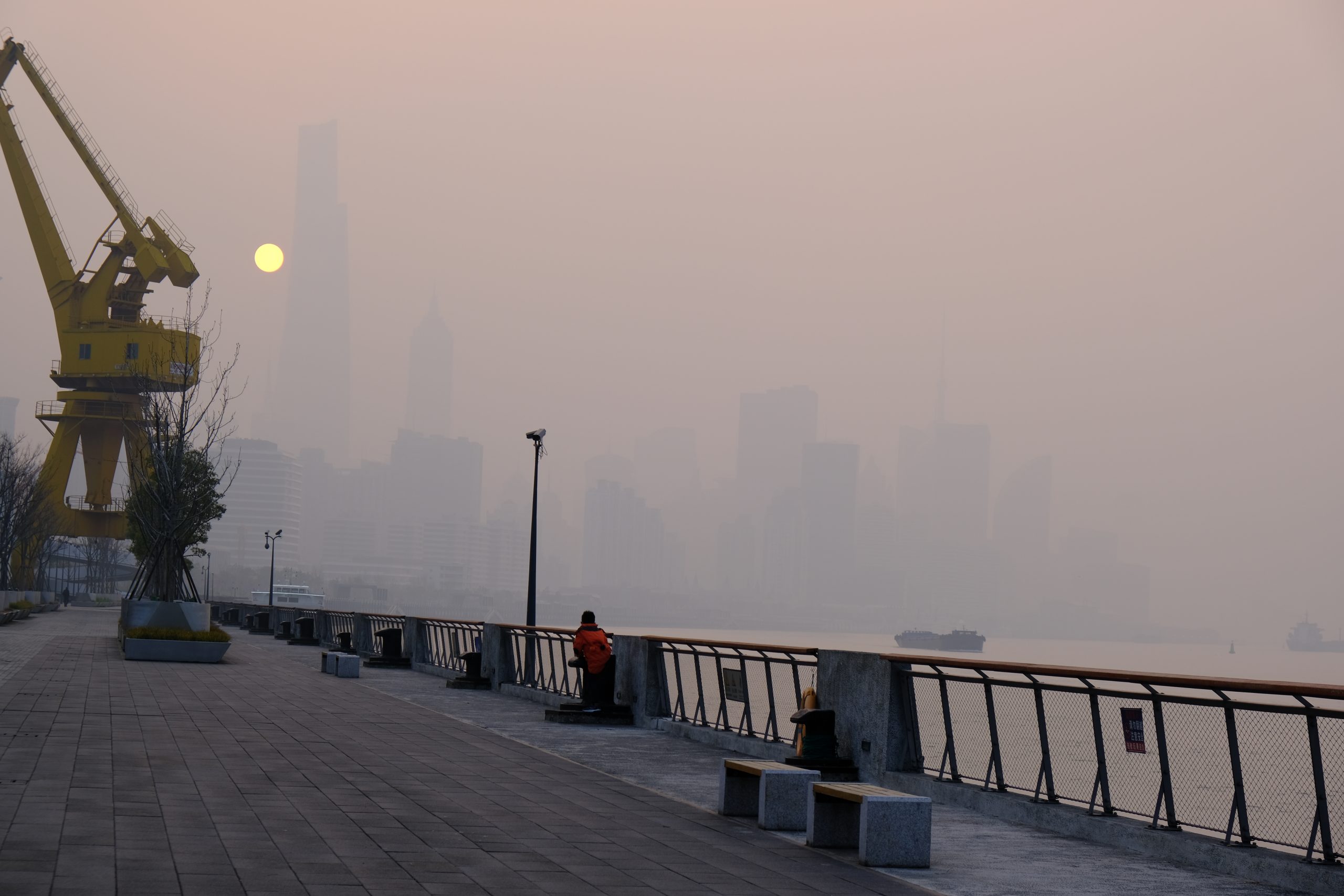
In the evening I started feeling unwell. It might be a cold or a flu, I thought. The next day I went to work as usual. My illness got worse. Symptoms included having fever, dry throat, and difficulty in breathing. Exactly what was described about the Coronavirus infection in the news. ‘Is this how I’m going to die?’ I had fears. I didn’t panic though. I began to reconstruct scenarios in my mind, going through what could have caused the symptoms: I was riding the subway with a full car of unknown passengers. Some of them might have carried the virus. A colleague of mine had been coughing in the office for three weeks. Everyone had been exposed to the germs she coughed into the air. Then we hung out together. The air was so polluted. It was terrible. I heard someone coughing all the time. It was a bloody windy day. My lung was about to explode while sitting on the ferry crossing the river. Before the Coronavirus, the smog and the wind could have the chance to kill me, too. How come when I’m looking at the air now, I see only the threat of corona? Have all the other threats just disappeared?
The COVID-19 has worked on our perception of the air. Since throughout the most polluted season of the year almost every household was in quarantine, the smog and other environmental issues seemed to be removed from the public’s sight. Yet outside of view, every problem persists. The costs are yet to be seen and be dealt with. The post-quarantine trauma needs to be healed but will not disappear quickly from the individual psych-scape.
Enlarge
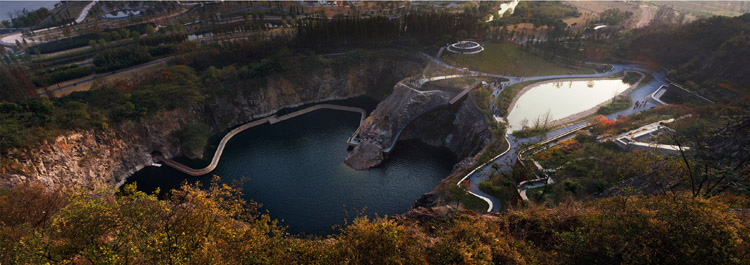
**
The day before Lunar New Year’s eve was largely conflicted with sadness and irritation. It was the day when employees of the company get an annual bonus. I didn’t have such a thing. I was engulfed in misery: lying in bed, having a fever, thinking I was dying. Then I was more outraged than sad. I gathered the strength to ask for the last installment of my payment, which my boss forgot. I found myself bursting into tears, recalling a recent phone harassment by senior staff-member. She played so well and then accused me instead of invading her privacy. I decided that I had enough of this.
After one week of home-hospitalization, my physical condition was getting worse. A friend called and asked if I would like to check my insurance account just in case anything would happen. He offered to help order some food as I had not had anything real to eat for the past three days and suggested to stay calm. ‘Better not rush to the hospital. It’s chaos out there.’
A few more days passed. I realized that maybe I was not going to die. But it is not encouraged to go out without any protection, either. I resumed my daily routine of checking the news online. Some messages are ephemeral because of censorship. The source of information is hard to trace. I am not an investigative journalist and do not have a team to verify every source. Very quickly I got overwhelmed and exhausted again. I decided to take a long break from the hysteria.
**
‘If you want to know about it, the first thing you’ll probably want to know is where I was born, and what my lousy childhood was like, and how my parents were occupied and all before they had me, and all that David Copperfield kind of crap.’ J.D. Salinger, The Catcher in the Rye
A baby never born is a baby forever before being born.
Enlarge
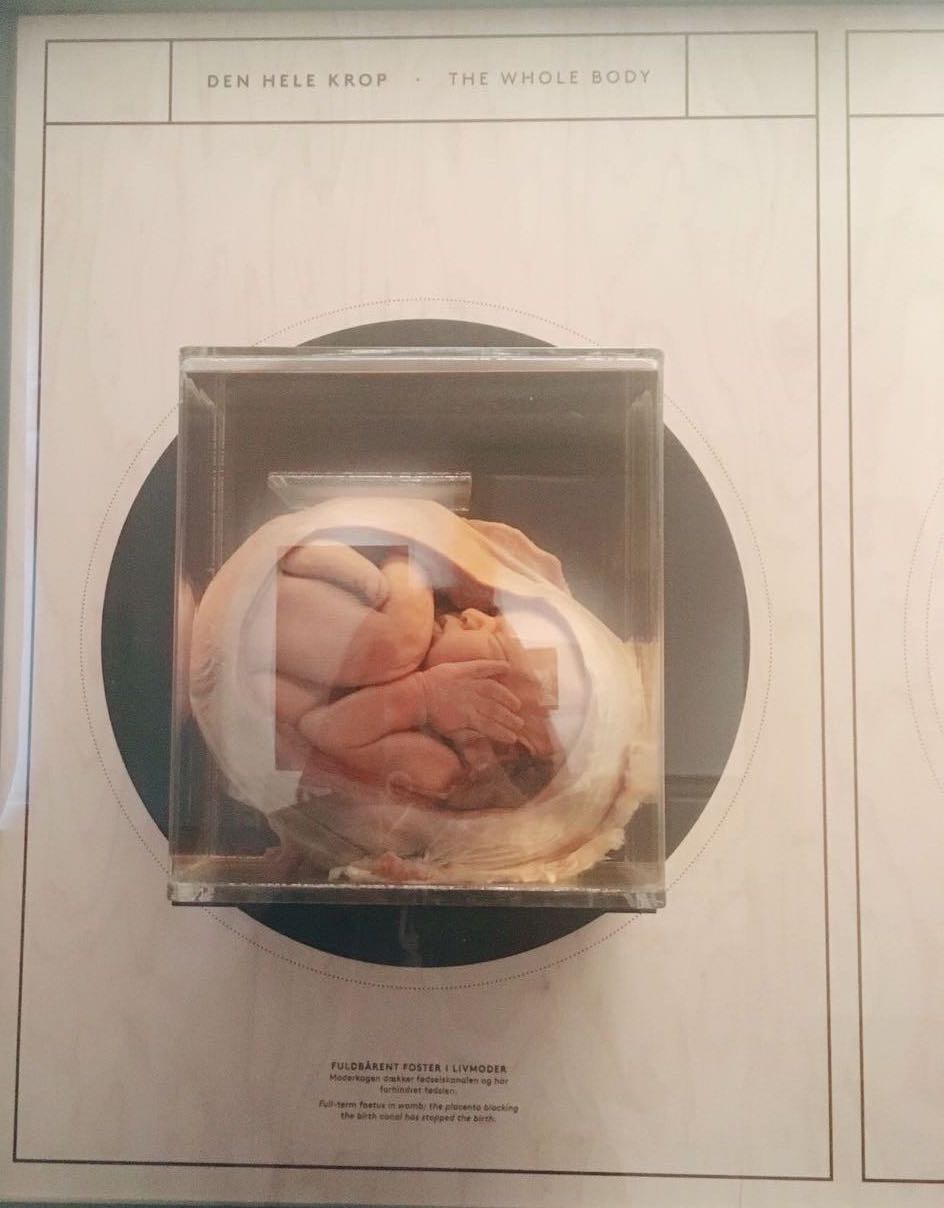
There was a time in my life when I was hugely perplexed about the purpose of schooling and living a life in general. There was virtually no one I could speak to about my eccentric thoughts and anxieties. I wished to meet and discuss with that undistinguishable baby in my mother’s womb. That baby was in its formative stage and later it came into the world and became ‘me’. I think I wanted to get to know my mother. That was the only time we were close. Until this day, I am still occasionally having that silly idea of being able to go back in time and talk to the old me about questions still unresolved today.
It is a truth universally acknowledged that adults never truly understand the world of children. Parents think that they have gathered enough experiences to show their kids the best way of navigating the world. But a lot of their experiences are bad experiences. Nightmarish, depressing, and boring. An unhappy marriage between two adults is one such terrible lesson. All babies should avoid terrible parents. I once saw my neighbor throwing a knife at her 6-year-old son’s feet. Although the boy did not get hurt, the brutal scene just stuck with me all over the years. Sadly, still babies are kept being born into a hostile world fraught with poverty, disease, war, conflict… Women are used as a fertility tool. Worse still, no baby has been asked if they would like to be born before they were born. Some of them were planned to be born. Most of them were just conceived by accident. In either case, no Agreement of Birth was signed beforehand. This is one of the brutal injustices that human society has been neglecting for all times.
I want to sue my parents. Because I was born.
Enlarge
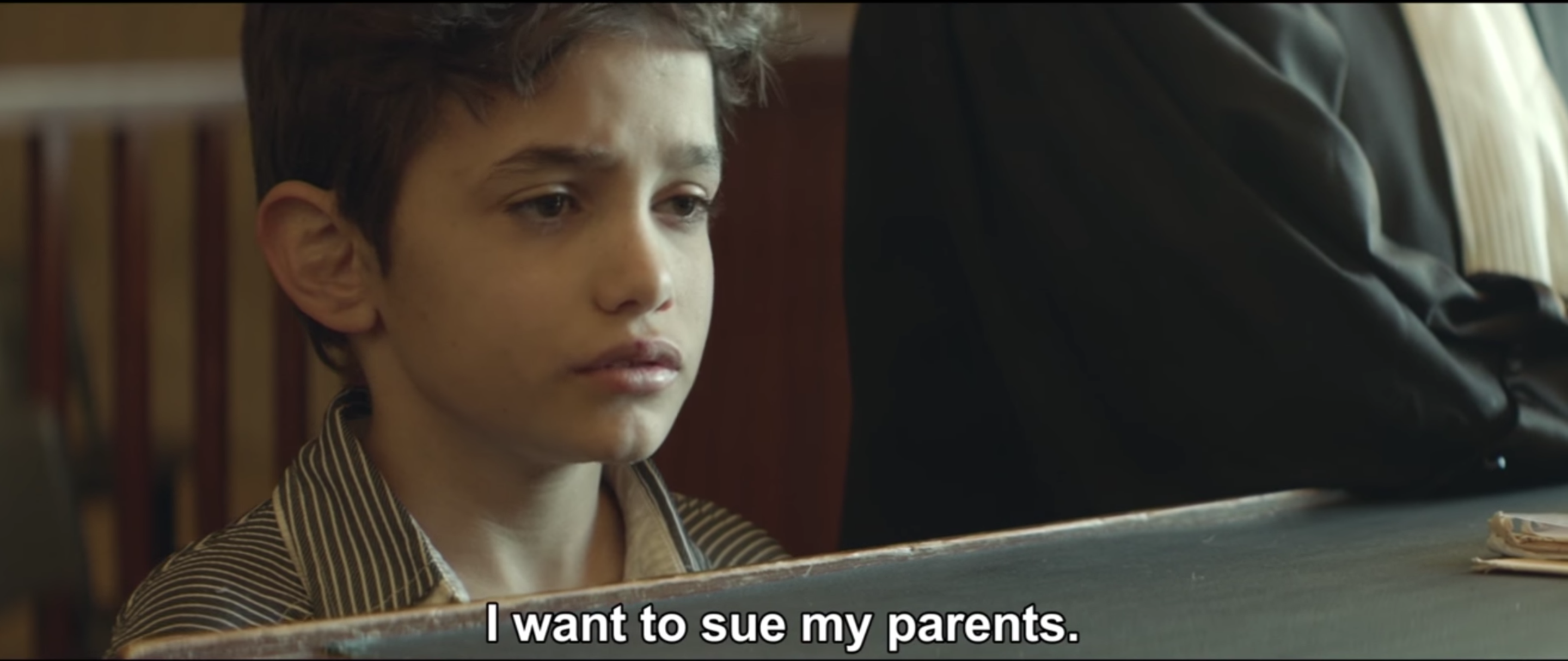
Growing up, some kids are happy. Others less so. Some get a good education, some don't. Some have better career opportunities. Some do not even get a job. Some end up being rich, some poor. Then one day these kids start producing their kids. Then their kids grow up. Cycle repeats after cycle. Human civilization runs on a perpetual motion machine geared up by serendipitous reproduction pipelines. The global reproduction factory has no headquarter. It is the most de-centralized infrastructure, most purposeless and most controlled. India is globally known as a reproduction factory of cheap IT labor whose contribution to Silicon Valley and other tech regions has been underestimated. These days scientists are researching new ways to overcome death anxiety. The world will prefer mechanical babies to human babies one day. Everyone will start uploading consciousness to the ubiquitous cloud. It will not prevent human extinction from happening.
Alvy: The universe is expanding. The universe is everything, and if it’s expanding, some day it will break apart and that will be the end of everything.
Mother: What has the universe got to do with it! You’re here in Brooklyn! Brooklyn is not expanding!
Enlarge
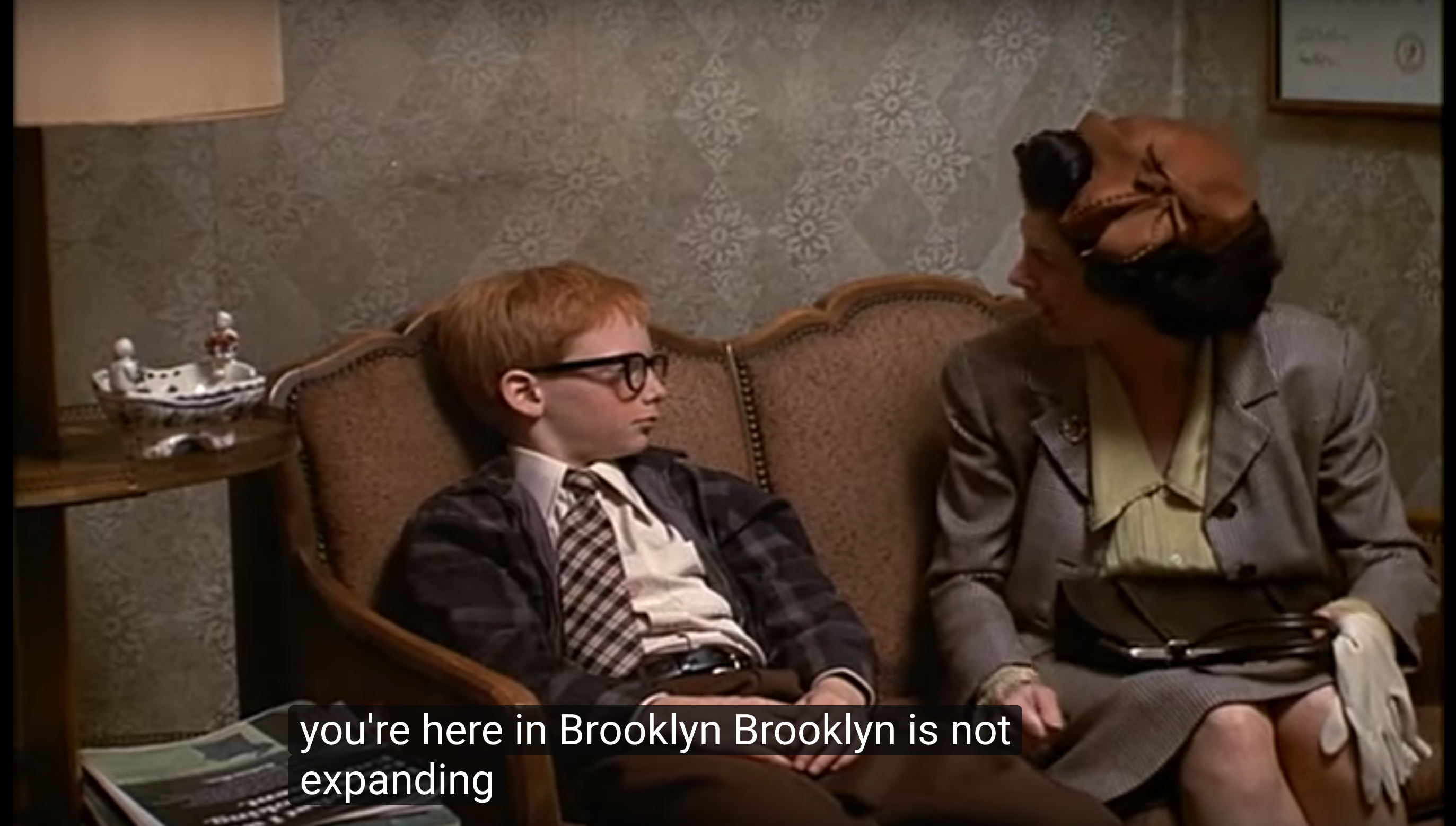
Oh, wretched ephemeral race … why do you compel me to tell you what it would be most expedient for you not to hear? What is best of all is utterly beyond your reach: not to be born, not to be, to be nothing. But the second-best for you is – to die soon. Friedrich Nietzsche, The Birth of Tragedy
I stopped blaming my parents for giving birth to me probably after I turned 20. The change took its course as I accepted the idea that I might probably die in my early 30s. Franz Schubert died at 31. Arthur Rimbaud died at 37. I thought a short happy life would be much better than a long life characterized by miseries. I entertained no fantasies for the adult world. But since I had a limited amount of time of living on earth, I should at least try to be happy, try something meaningful, and interact with interesting people.
Enlarge
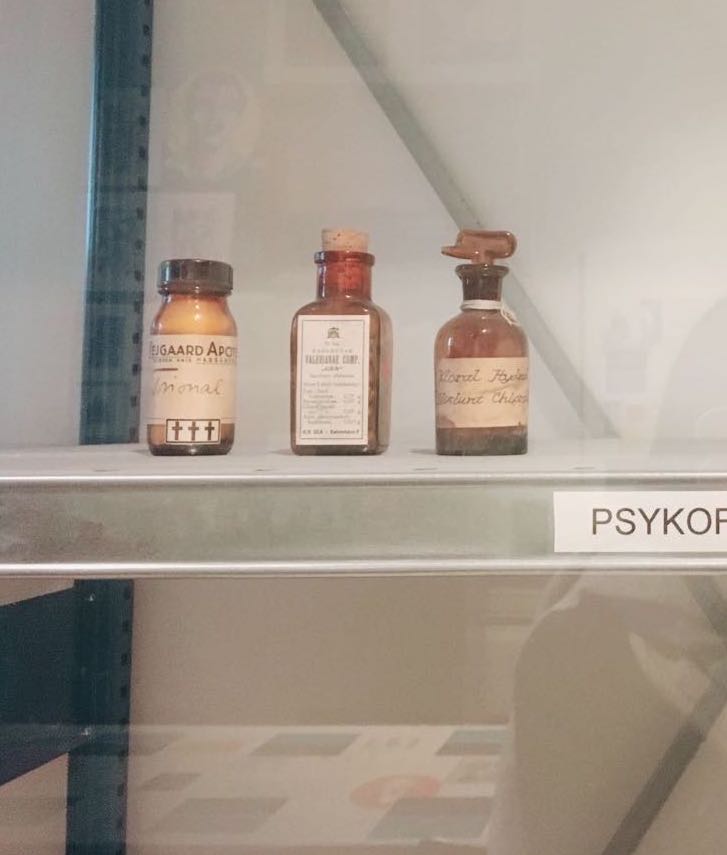
**
Please God, make me good, but not just yet. The Confessions of Saint Augustine
I can be very mean. I realized that recently. I avoid people who are geeky and unattractive. Specialized in an ordinary field, they stick to a steady, never-changing, boring life. The way some Chinese STEM males look at women is disgusting. I avoid conservative men and women working in the humanities. Poor, narrow-minded, and often middle-aged, these folks never speak to geeks. I hate smokers walking in the streets and forcing others to inhale their second-hand smoke. Should not these self-centered men be cursed and go to hell? I wish the subways were less crowded or even better if they were just empty: no human, no noise, no smell from fat, sweat, dead cells falling off body parts and contaminating the air…
I never liked myself, too. I could love a cat, a flower, a cloud, a snowflake, a river, a mountain, a rock. But never myself. Sometimes this would get me into trouble. The disease that did not kill me at the age of 11 did not make me stronger. The antibiotics I took after medical operations remain a stranger to me still after all these years. We never exchanged an opinion, like friends. I kept dodging unpleasant personalities all the time. To reduce exposure to hysterical influence is just one way of protecting one’s sanity. Or maybe it does not work at all.
**
Sometimes I wonder how I managed to stay alive till this day. Every night before I went to sleep, I worried that I may not wake up the next day. How disgusting it would be if the police or my landlord were to find my dead body in this house. Think about the frightening figure of how many people die from traffic accidents in this country every year. Downtown, scooter drivers ignore red lights. They appear all of a sudden and disappear the next moment. Traffic regulations and safety rules do not exist for them. We live by pure luck. We rely on faith. But I am open and curious to see how Tesla's auto-pilot program is going to excel in China’s market. So far crazy scooter riders have formed such an unquenchable army in real-life scenarios. I wish algorithms best of luck. Between intuition and calculation, it is a matter of quality, not of degree.
Enlarge
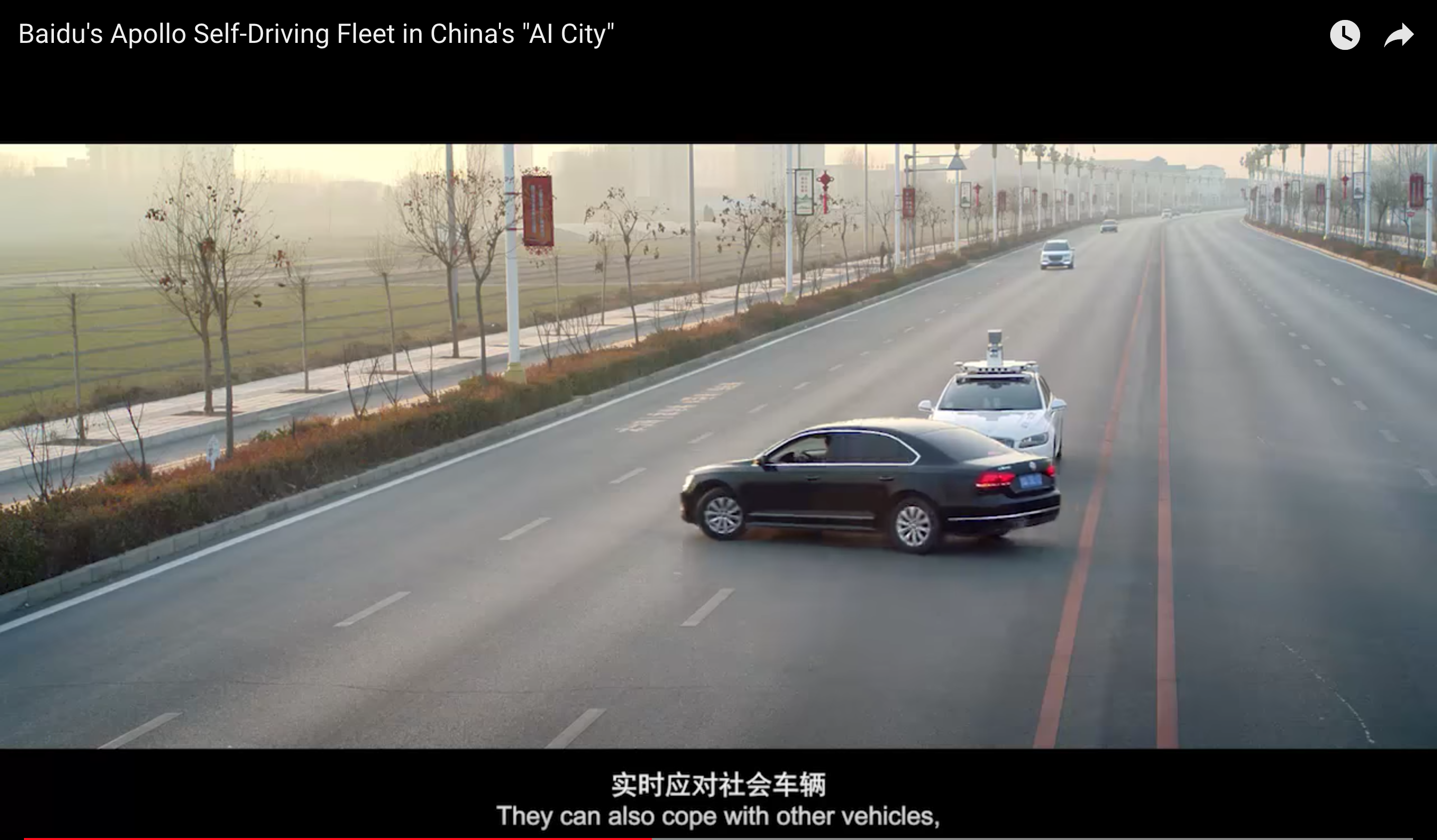
Enlarge
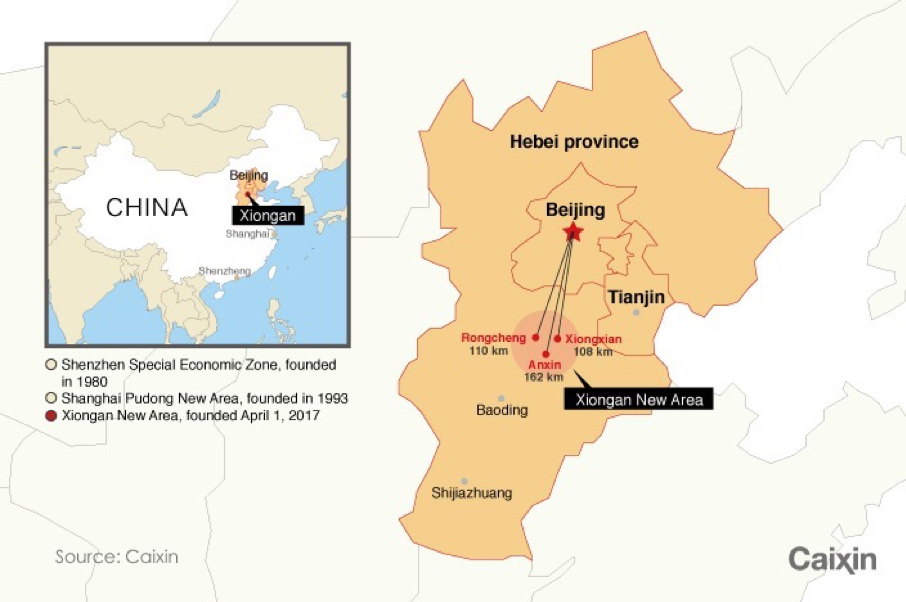
**
This evening I finally went out in the streets, but only for a few minutes. The atmosphere was rather strange. People glanced at each other meaningfully. One man was staring at me like I was carrying around the virus like a walking corpse or something. Maybe it was just my own perception of my condition.
The holiday has been extended officially to one more week. But many people have started returning to the city for work. The lockdown has its obvious downsides. Some remote village farmers could not get their agricultural products sold in time. Vegetable and fruit have been left to decay in fields. It has been reported that some peasants even committed suicide. Farm animals and insects, including bees, starved to death because of the shortage of food supply. The government prints more money to facilitate the flow of capital. In the end, it is the normal people who have to bear the costs.
While the chaos in hospitals in China keeps going, news from outside began to compete for public attention. In countries like Italy, France, Germany, America, coronavirus is being labelled as a product ‘Made in China’. Slavoj Žižek came out with an article sharing his hallucination about what’s going on in Wuhan. Some were annoyed. A Chinese translation of the pompous text appeared in my WeChat friend circle, getting circulated for a couple of days, then disappearing, quietly.
So much information, so little truth.
**
Social media is bombarded with sad news today. The whole nation is mourning the death of a 33-year-old doctor. He was one of the ‘Eight Whistleblowers’ from a hospital in Wuhan and he died of the Coronavirus last night. There was a lot of back and forth discussions on social media concerning the exact time of his death. Some said that he died at 9.30. Some insiders revealed that an ICU union of that hospital were trying to save his life with an artificial lung. This surrealistic ‘artificial lung’ scenario, if it were happening, truly unsettles me.
If my heart was giving up and going to drop me, to what degree was it an organ of ‘mine,’ my ‘own’? Was it even an organ? For several years already, I’d been acquainted with my heart’s arrhythmia and palpitations – nothing that significant (these were the measurements [chiffres] of machines, like the ‘ejection fraction,’ whose name I liked): not an organ, not a deep red, muscular mass with pipes sticking out of it, which I now suddenly had to picture to myself [me figurer]. Not ‘my heart’ endlessly beating, as absent to me till now as the soles of my feet walking. Jean-Luc Nancy, L’Intrus, translated by Susan Hanson
**
I remember the day, July 13, 2017, when the Nobel laureate and political prisoner Liu Xiaobo died in Chinese custody. I was in a library in Germany, searching for materials on the Western meditative tradition. My mind all went blank, not knowing how I should react privately. News was not allowed to be circulated inside the firewall. I checked on social media. Relevant messages were brief and encoded to protect themselves from censoring. When alive, Liu had been condemned as a traitor. Numerous articles in Chinese smear him with a crime of colluding with foreign anti-party forces. He was charged with crimes of attempting to overthrow the current national sovereignty.
Today on the Baidu Encyclopedia the biography of Liu reads very simple. Everything the current power says is to condemn him as a national criminal. That is the way they want him to be remembered in history. After the Norwegian Nobel Committee announced Liu as a Noble Peace Prize winner, an article publicized in September 2011 attempted to befoul and ridicule Liu, rebuking him as a traitor who was employed by a foreign company under the auspices of the FBI.
Believe it or not, there is a natural flaw in the design of authoritarianism. Dictators like the tool because they think it is simple, easy, effective and efficient. But authoritarianism also gives birth to bureaucracy and corruption, which eventually corrupts effectiveness and efficiency.
Enlarge
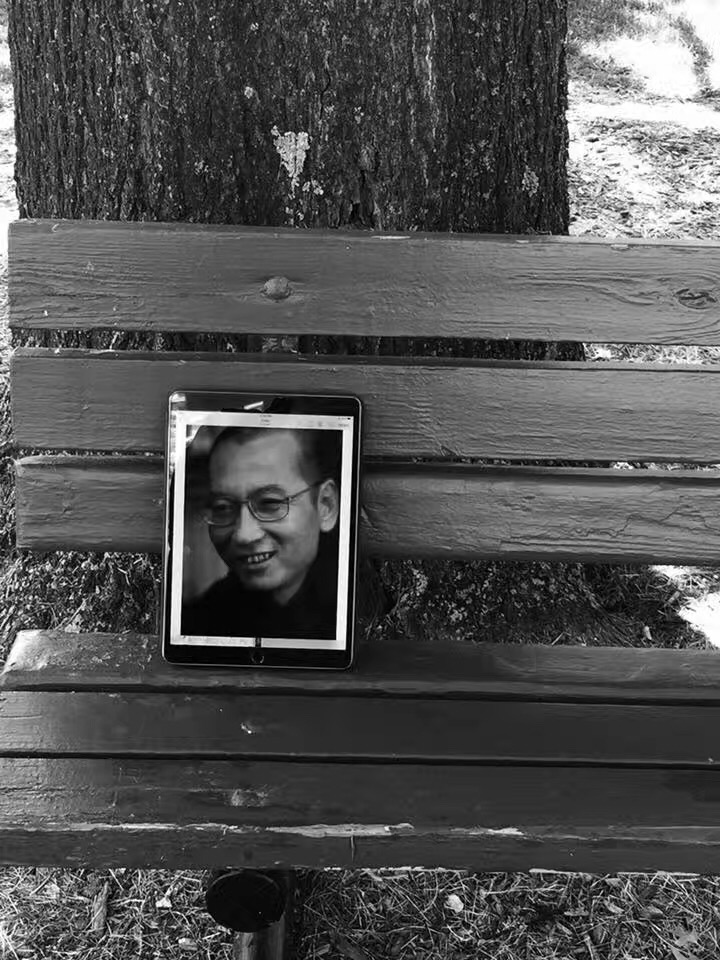
To make our minds extremely simple is very difficult because our minds enjoy being very complicated. Jetsunma Tenzin Palmo

